Consistent Sleep Schedule
It may sound awfully hard, but sticking to a sleep schedule will regulate your body's sleep-wake cycle, helping you get a good night's sleep. All you have to do is go to bed and get up at the same time every day (yes, including weekends).
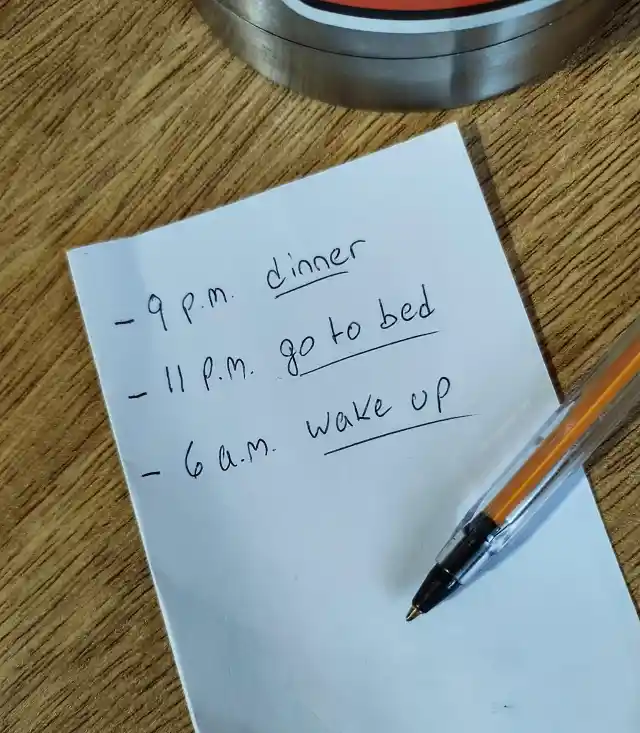
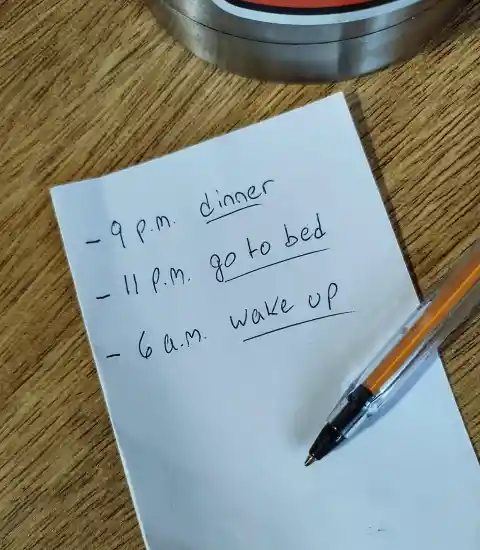
Make sure you get between seven and eight hours of sleep; it's not necessary to get more than eight to be well rested. If you fail to fall asleep within the first 20 minutes, do something relaxing outside your bedroom and return to bed when you feel tired.
Watch Your Mouth
This tip is not about vulgarities but food. You have to be careful with what you eat before going to bed, as overeating may keep you awake together with a feeling of discomfort. At the same time, hunger isn't any better if you want to sleep.


Caffeine and nicotine are sleep preventers, too, since they have a stimulating effect on our body and brain. That effect remains in our system for hours, so it's better not to consume them near bedtime. Similarly, drinking booze affects our sleep cycle and sleep quality.
A Suitable Setting
It can be easier to get to sleep under the right conditions, and that's what this tip is about. Keeping your room dark, cool and quiet at the moment of sleeping will certainly help you fall asleep. Earplugs and sleeping masks are great allies.
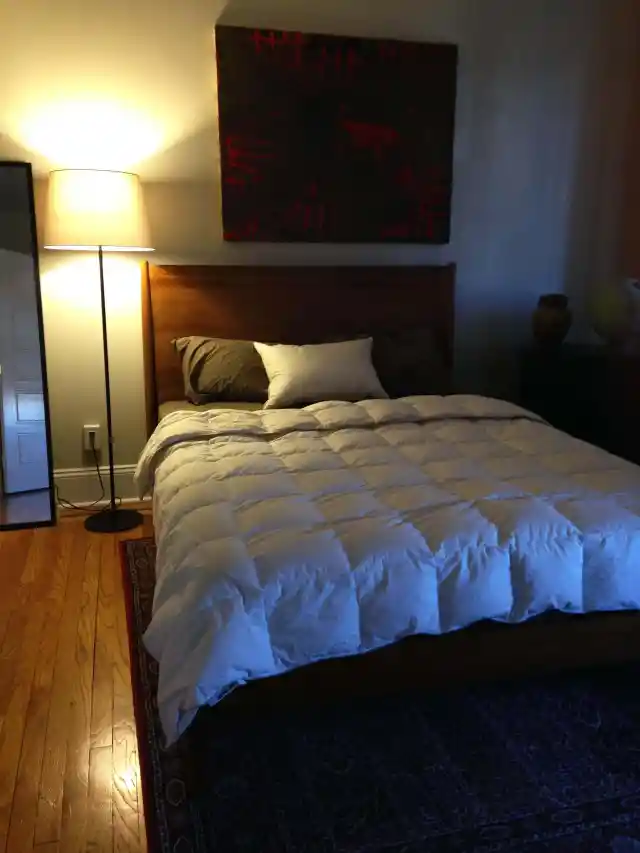
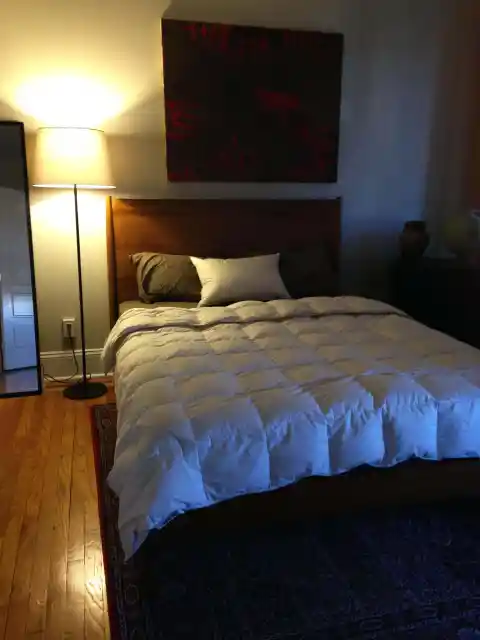
The idea is to create a restful environment, but we must also feel relaxed. It is essential to limit the use of screens and light-emitting devices and replace it with relaxing activities, such as taking a hot bath.
Naps Are Good, Right?
The short answer is: Yes! Napping is good. When you find yourself in an endless day, taking a nap to restore your energy is the best thing you can do. But it's important to consider some aspects to avoid messing with your nighttime sleep.
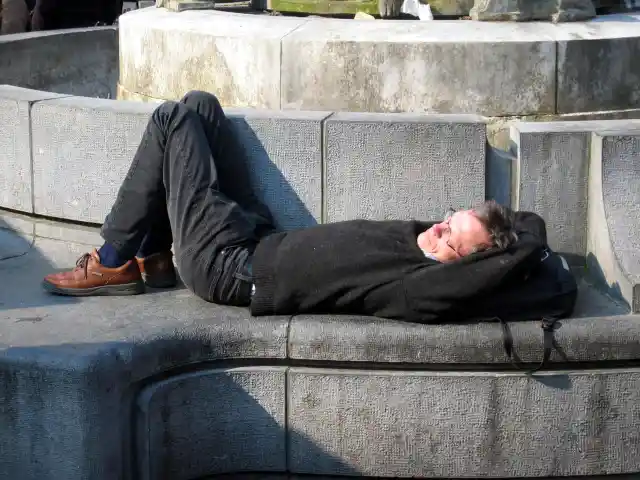
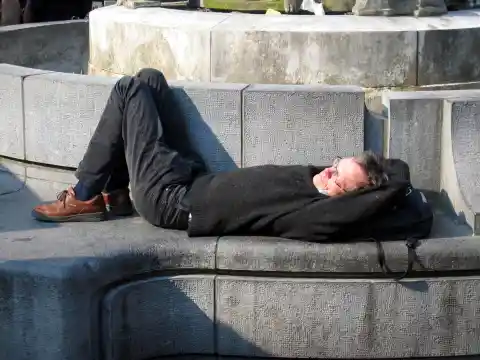
You have to limit napping time to only one hour or less. Longer naps may take you to a deeper sleep stage which is harder to wake up from. Also, avoid napping late in the day unless you work nights and need to make up for your sleep debt.
Physical Activity Is Always Important
Another way of getting better sleep is doing exercise during the day. Adding physical activity to your routine can help reduce the time it takes to fall asleep —called sleep onset— which means less time tossing and turning in bed.


However, try not to work out right before going to bed. Leave a 90-minute lapse between both activities. Otherwise, you'll be too energized to sleep. If you're doing it anyway, pick a light-intensity activity. If you don't have time to exercise, spending some time outdoors might also be helpful.